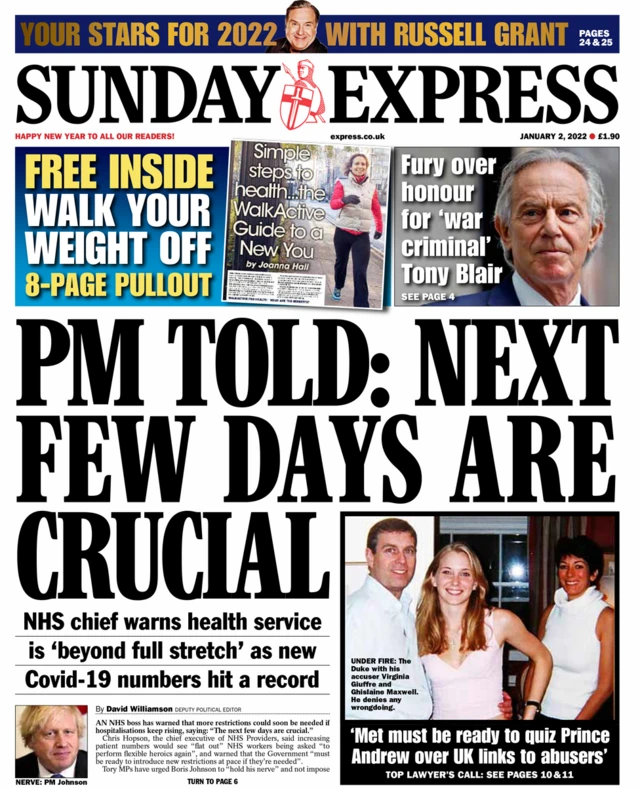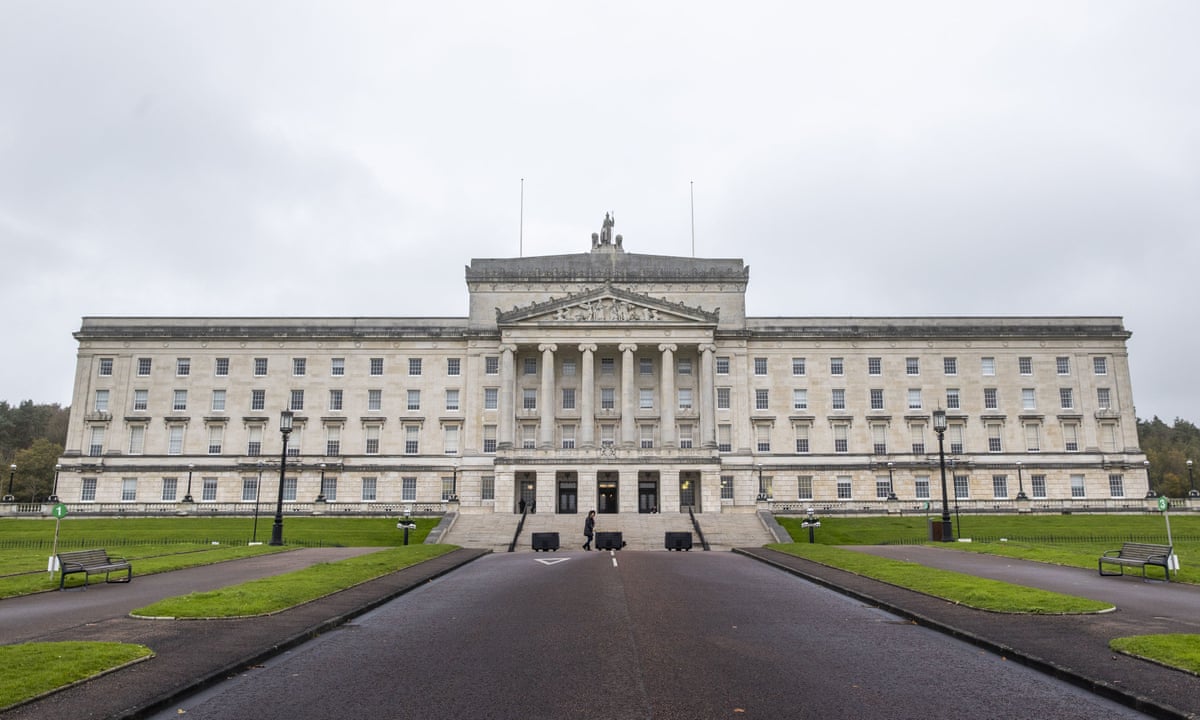Travel Insurance – 5 Tips to Avoid Hefty Bills Abroad
Travellers are more aware nowadays than ever before of the importance of taking out travel insurance before a trip. Most travels are likely to go smoothly, but why take a chance and risk ruining that much-needed holiday.
A variety of travel mishaps and problems have dominated the news in the past few years and the importance of having travel insurance, as well as understanding your Tourconsultancy, has never been more in people’s minds. Here are a few tips to consider before planning your next trip:
Tip No. 1 – Check that your travel insurance policy covers all your planned activities
Not all activities are covered under all policies, so this is important. If you are on a package holiday and choose to engage in activities outside those included you may find they are not covered unless you have taken out separate travel insurance. However, beware of travel insurance that seems very cheap or is offered as an incentive as the levels of cover may have been reduced – or the excess (the amount you pay towards a claim) increased. Your travel insurance policy should include a list of covered activities, such as elephant rides, scuba diving, bungee jumps, etc. Never assume that everything is automatically covered!
Tip No. 2 – Check that your policy includes adequate medical cover, liability and legal expenses
If you pick up a nasty stomach bug it could potentially put you in hospital. If you trip and break a leg, or sustain a serious injury it could result in very high medical bills for hospital treatment. If you cause injury to another person you could be liable and incur legal costs. If an injury results in medical repatriation to bring you home by air ambulance the need for additional seats on the plane, and/or medical escort, could set you back many thousands of pounds. Your consulate or the airline does not cover these costs. Someone has to pay and – without insurance – that someone is you, or your unsuspecting family or loved ones.
As well as adequate travel and medical insurance, always check that your policy includes cover for air ambulance and medical repatriation. This is vital.
Air ambulance fees to bring you back to the UK from your holiday destination could potentially cost thousands of pounds alone, and up to a staggering £50,000 from the USA! If it is necessary to fly you home on a stretcher with a medical escort the fees from even closer holiday destinations could be almost as financially devastating.
Tip No. 3 – Obtain a European Health Insurance Card
If you live in a EU country and are travelling within the European Union apply for the free European Health Insurance Card (EHIC) and carry it with you. Depending on the country, it entitles you to free or reduced-cost emergency treatment on the same basis as a national of that country, in a state-run facility (not private). The EHIC should not be used instead of travel insurance, but will save you a lot of expense and inconvenience if you should sustain an injury or become sick while travelling. It is important to realise that the EHIC does not cover anything much other than emergency medical care. It does not cover repatriation to the UK or air ambulance costs. You will need travel insurance to cover an array of travel problems, such as non-urgent medical care, ongoing treatment, lost luggage, missed flights, scheduled airline failure, etc.
Tip No. 4 – Do Your Homework!
Research has shown that few people actually take the time to research the local laws and customs of their destination country before they set off. Awareness of potential pitfalls could save a lot of expense and grief. For example, do you know your destination country’s rules for a single adult travelling with a child? Do you know which over-the-counter medicines you can and cannot legally take into the country? Do you know the basic rules of the road before driving in another country? The purchase of a good travel guidebook, or time spent reviewing travel advice provided online, such as on the Foreign Office website could help you avoid becoming the victim of a scam, or being arrested or fined for violating a local law that you were not aware of.
Tip No.5 – Make a note of Consulate/Embassy and Emergency Numbers
Before you travel, why not programme emergency numbers into your mobile phone and also keep a note of them with your travel documents. Having the number for the local emergency services programmed into your mobile phone could save time in the event of a robbery or accident – and even save lives. Consider registering with the Foreign Office ‘Locate’ service (or your own government’s equivalent) to better enable the authorities to assist you if an emergency should arise. Their assistance in contacting friends and relatives would be a very welcome lifeline if needed and save you time, frustration, and expense.










